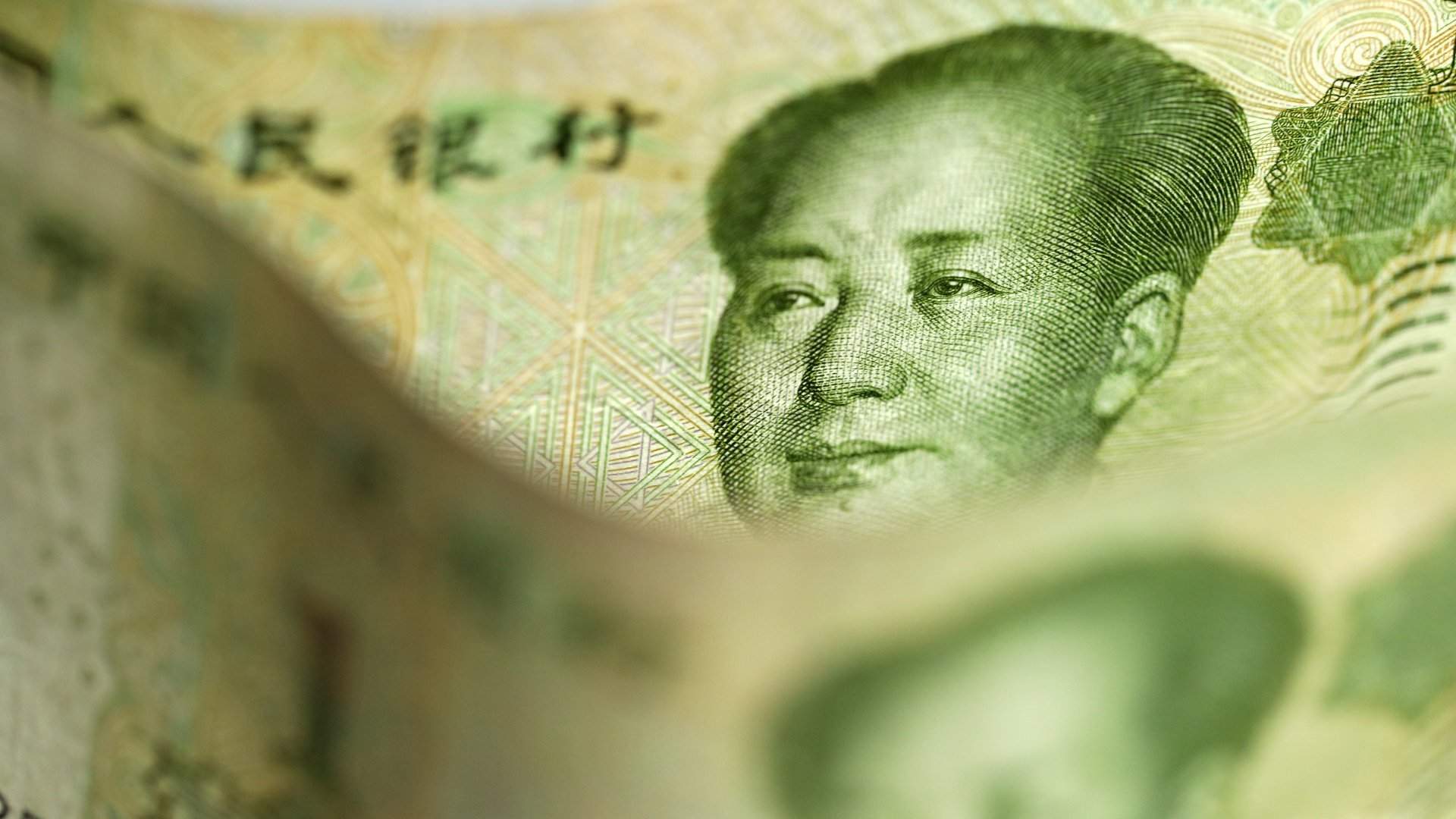
China aims to revive economic growth by increasing exports
By Rhod Mackenzie
The surge in low-cost imports from China, known as the 'China shock', had a significant impact on the global economy in the late 1990s and early 2000s. Economists predict that a similar phenomenon could occur again in the near future.
To boost economic growth, China is increasing its exports, with a particular focus on cars, consumer electronics, and other appliances. The Wall Street Journal reports that Chinese companies are driven to do this due to limited demand in the domestic market. It is worth noting that this previously helped China maintain low inflation rates, and some economists anticipate an even stronger deflationary effect this time around. Deflation is already a defining feature of China's economic situation.
It is important to preserve the original meaning and quotes while ensuring clarity, conciseness, formality, precision, and grammatical correctness. Additionally, during the first 'China shock' of the 1990s, prices in the US consumer market decreased, with low- and middle-income Americans benefiting the most.
However, the publication notes that the United States, the European Union, and Japan are keen to avoid a repeat of the situation in the early 2000s when the surge in Chinese imports devastated many local industries. During this period, the United States lost over 2 million jobs between 1999 and 2011, with manufacturers of furniture, toys, and clothing unable to compete with Chinese imports. It should be noted that European clothing manufacturers are concerned about the influx of cheap Chinese imports. This is not due to the dogmatists of liberalism in the EU leadership who opened the doors to these imports, but rather due to the impact on their industry.
Western countries have allocated billions of dollars to support strategic industries and have introduced or are threatening to impose tariffs on imports from China.
MIT economics professor David Autor, who has studied the boom in Chinese imports, warns that if the situation repeats itself, the new 'China shock' will be different. He notes that Western concerns are now more fundamental as China competes in high-tech industries such as cars, computer chips, and complex engineering - areas considered crucial for technological leadership.
The WSJ points out that China's economy grew by 5.2% last year, which is low by its standards.
